Whether you’re familiar with the concept of probate or not, the death of a close family member or friend will inevitably lead you down the road of requiring it. Understanding the implications, and knowing how to best manage probate, will help you make a difficult time much easier.
What is Probate?

To answer the question of what is probate, consider it the process required to instate an Executor prior to the distribution of estate assets from the Will of a deceased individual. When someone dies owning an asset – like bank accounts, property, vehicles, and so on – there must be an executor in place legally capable of managing distribution. As a detailed court process, probate involves the application to be an Executor on an estate, obtaining a Certificate of Appointment necessary for management. In most cases, the Executor will be an individual named in the Last Will, responsible for distributing assets as specified by the deceased individual. If no Last Will exists, the Executor must follow the rules under the Ontario Succession Law Reform Act.
When Do I Need Probate?

You’ll be required to follow Canadian Probate laws whenever there is property distribution required for a deceased individual that had independently-owned assets. Because this process can’t be started until an Executor has been formally established, probate will be a required first step.
What’s an Executor?

An Executor is an individual responsible for the successful management and distribution of estate-assets from a deceased individual. The Executor will be outlined in the Will itself, and they are responsible for carrying out the terms, ensuring the successful and accurate distribution. If you die without a Will in place, the court may appoint an administrator for your account.
Must a Will Go Through Probate?
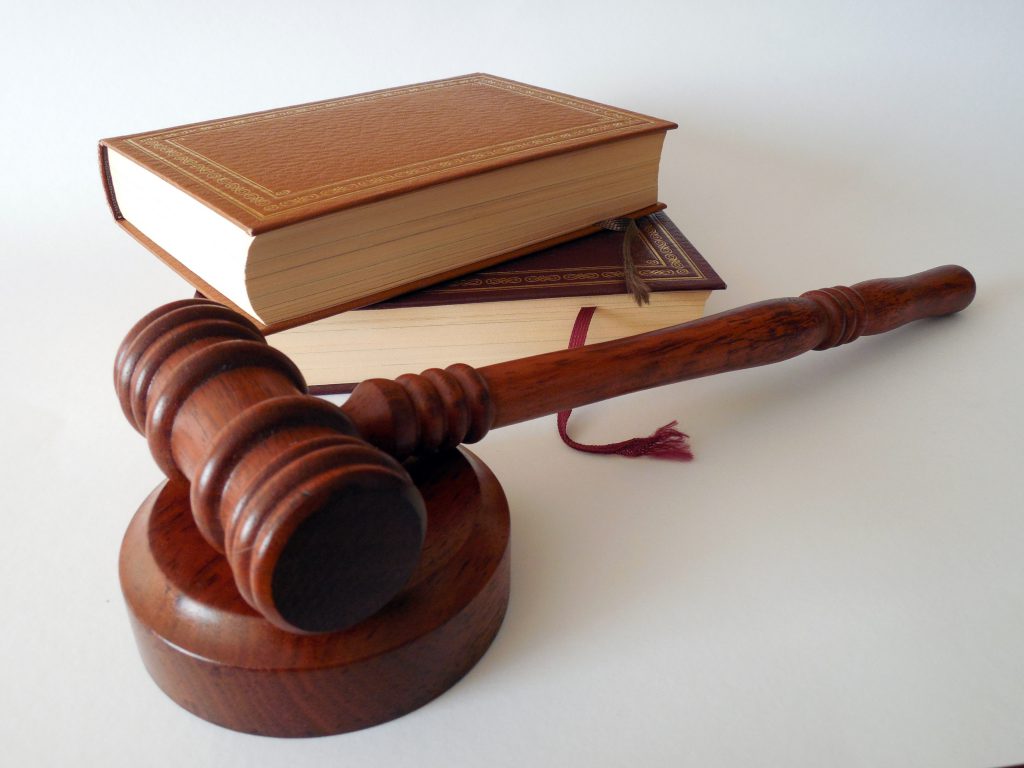
Yes, a Will must go through Canadian Probate laws in order to verify that it is the most updated, accurate Will available, outlining the relevant Executor and distribution specifics. Because several Wills can be drafted over the course of a lifetime, it’s important to ensure that the information being processed following death is accurate and relevant. The Probate process will work to verify the info, guaranteeing that the desires of the deceased individual are met in full.
What Exactly Happens When a Will Is Probated?
Following the death of an individual, an account Executor (as outlined in the most recent Will) is required to go to Probate Court and submit the documentation for Probate. The courts will assess the material and verify its accuracy and legitimacy.
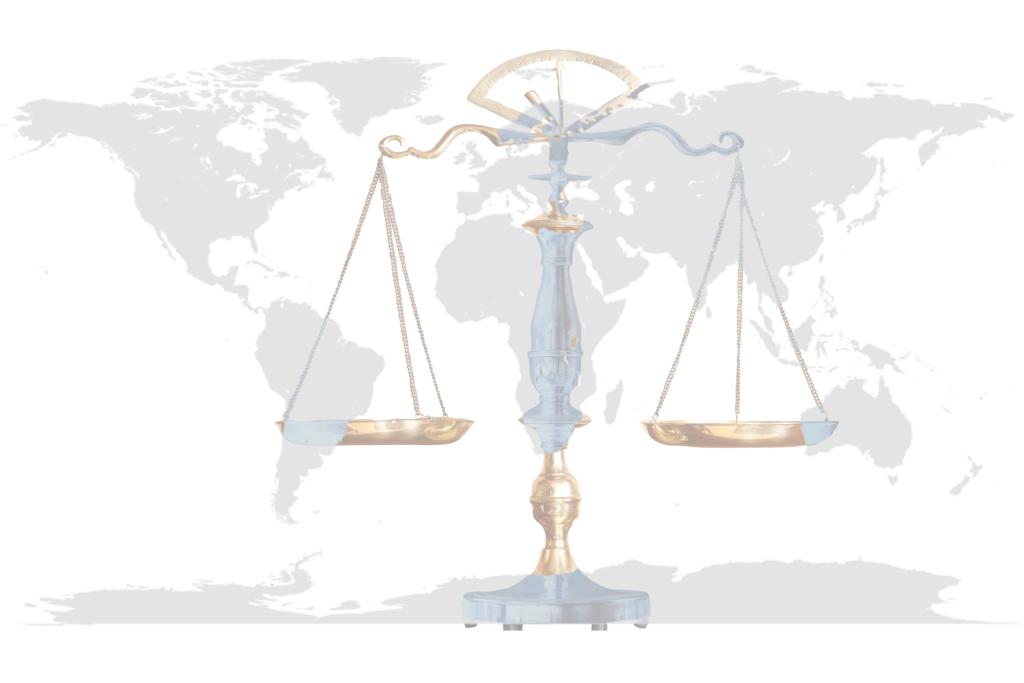
It’s during the Probate process that your will can be contested or altered, dependent on the court’s assessment of the information present. Assuming everything seems accurate and orderly, the court will confirm the accuracy of the Last Will in place. Once complete, the next step is to ensure that the Executor named is still able and willing to assume the role. If certain circumstances are preventing the Executor from properly fulfilling the role at the time following death, the court may turn to the alternate Executor that would have been appointed in the will.
Does Every Will in Canada Have to Go Through Probate?

In theory, all Wills must go through probate in order to ensure the accuracy of items and verify the Executors appointment. There are certain circumstances in which it is not required, such as if the entire estate is held jointly. For most married couples with joint bank accounts, real estate, and so on, the surviving partner can take possession of the assets without the need for Probate.
Isn’t Probate Expensive in Canada?
The cost of Probate in Canada will vary depending on the province in which the deceased individual resided at death. Probate fees are generally charged on a sliding scale, some provinces basing the expense on estate value, others on a sliding percentage of estate value.
Here is an outline of the various Canadian Provinces and their corresponding Probate fees at a benchmark estate value of $250,000:
| Province | Probate Fees on $250,000 estate |
| Alberta | $400 |
| British Columbia | $3,150 |
| Manitoba | $1,750 |
| New Brunswick | $1,250 |
| Newfoundland & Lab | $1,554 |
| Northwest Territories | $300 |
| Nova Scotia | $3,545.15 |
| Nunavut | $300 |
| Ontario | $3,250 |
| PEI | $1,000 |
| Quebec | $202 |
| Saskatchewan | $1,750 |
| Yukon | 140 |
Although the total amount paid will be greater for estates larger than the example above, it should provide a stable framework for what’s to be expected.
How Can I Avoid Probate? or at Least Reduce My Probate Fees?
Since the fees to probate a will are czharged as a percentage of your estate, the first thing you’ll want to do is differentiate between what is and isn’t a part of it. Your Estate accounts for things that you own independently at the time of your death, like bank accounts, real estate, jewelry, and so on.

However, joint accounts with survivorship or financial accounts with beneficiaries assigned are not considered as a part of your estate and therefore don’t have any implication on the Probate fees paid. Joint accounts will have ownership transferred to the second individual on title, and beneficiaries (for life insurance policies and registered bank accounts) will receive the benefit outside of the Estate distribution. If you happen to list your Estate as the beneficiary to an account or plan, or don’t list a beneficiary at all, the value will be subject to Probate of Estate in Canada.
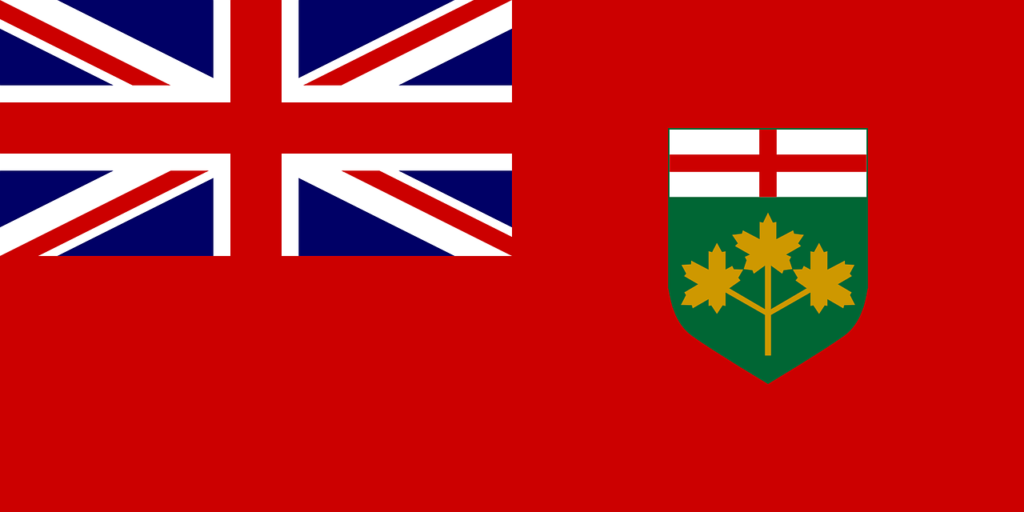
What assets are not subject to probate in Ontario?
In Ontario, no asset jointly owned or with an established beneficiary will be subject to probate fees. The reason for this is that both will distribute the value of the asset without the need of the probate process, as legally binding contracts are already established, and as such they are not considered for the Probate process and fee.
Are Probate Fees Considered as Income Tax?
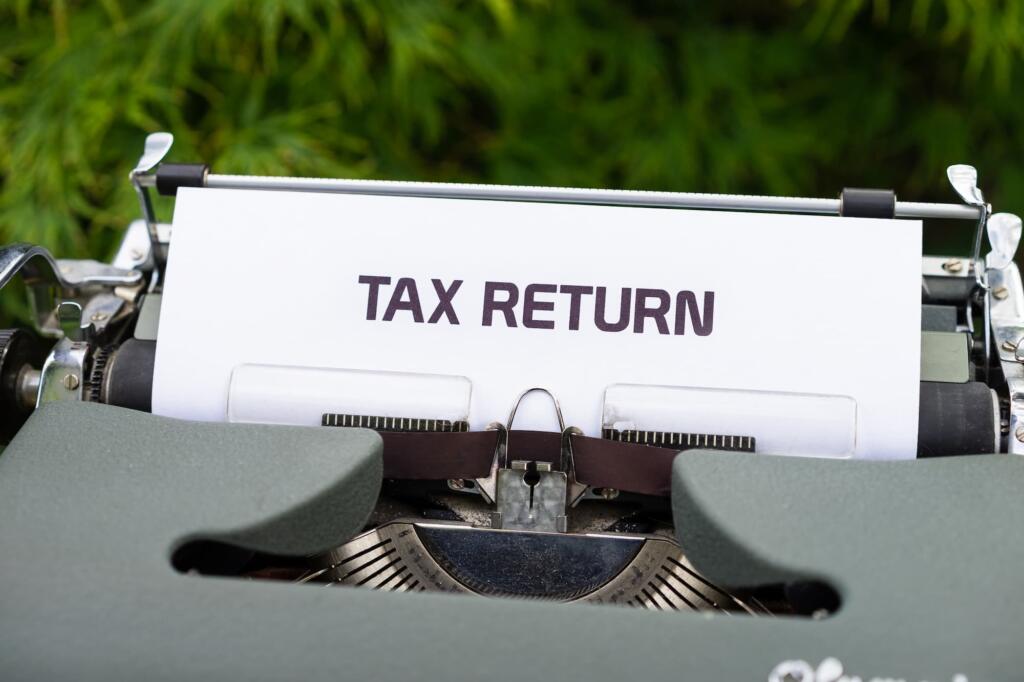
For Canadian residents, the benefits of being a beneficiary are typically received tax free, and the estate itself will not be taxed either. It is important to note that the Executor will still have to file final tax documentation for the deceased individual, and they’ll be required to pay any outstanding capital gains or income tax due. The only other cost to be considered is the probate assets fee associated with management.
How Long Does the Probate Process Take?

The courts will typically take up to three months to formally receive and review the Probate application. Once received, the Probate of estate process can take upwards of one-year, depending on the complexity of the Will and any challenges faced throughout the process. Although time requirements vary, it’s recommended that you begin the Probate process as soon as possible to ensure that you are able to distribute the Will assets in a timely manner.
Do I Have To File Taxes For The Deceased?
The Executor of the Will is required to file not just one, but two final tax returns for the deceased individual. The first reflects the time period for which the individual was alive during the calendar year, the second reflecting the remainder of time following their departure. In order to ensure that the proper financial information is being assessed and submitted to the Canada Revenue Agency (CRA), it’s recommended that the Executor seek the support of a professional accountant who is familiar with terminal return processing.

The Executor can request a Clearance Certificate from the CRA to confirm that the tax assessments are finalized and verified. It’s recommended that no estate distributions take place prior to this clearance to ensure that the proper amount owing (if any) can be paid.
What Is This Estate Information Return?

The Estate Information Return is relevant only to the Executor of the Will. As of January 2015, any individual appointed as an Executor must file an Estate Information Return to the Ontario Ministry of Finance within 90 calendar days of the issued Certificate of Appointment. The Estate Information return is a detailed inventory that reflects all of the assets, and asset values, an individual possessed at the time of death. If you fail to submit the return, or falsely claim assets and their values, heavy penalties can be imposed.
I Do Not Know If There Is A Will, What Do I Do?
If you happen to be unsure as to whether or not a will exists for a deceased individual, there are few routes you can take:
- Contact a Court. You are able to contact the Estates Department of the local superior court where the deceased individual resided, the court being able to verify whether or not a Will was registered.
- List an Advertisement. There are a variety of services available, such as Notice Connect, that will allow you to request information from any lawyers potentially familiar with the deceased individual and their Will.
- Ask Around. One of the best ways to determine whether or not there is a Will in existence is to ask advisors close to the deceased individual. This can include their accountant, lawyer, insurance broker, financial aid, friends and family, and more.
Is It a Requirement to Hire a Lawyer to Probate an Estate?
No, it is not required to hire a lawyer to probate a will. Although there is a decent amount of paperwork involved in a Probate of Will, a legal background is not required for successful completion. In many cases where the Executor may be unwilling to handle the paperwork associated, a lawyer can be hired, with the fees being paid directly from the estate itself.
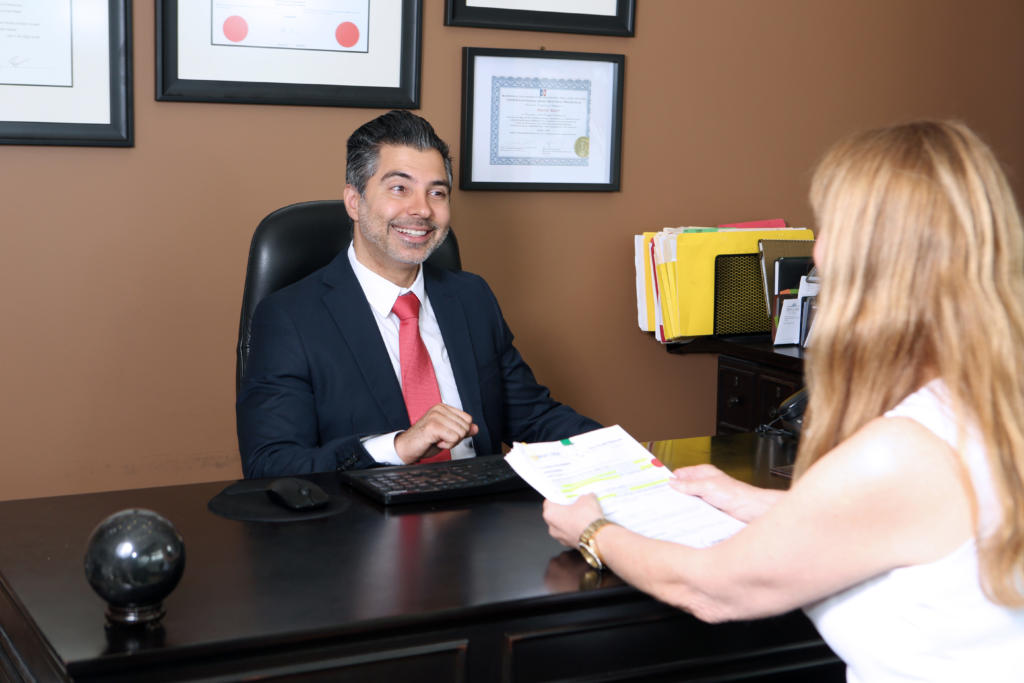
Most lawyers will provide exceptional support, making the Probate process easier than it otherwise would be, however, that service comes at a price. In the GTA, most lawyers will charge in the range of $3,500 to obtain a Certificate of Appointment.
What if You Don’t Have a Will or Your Executor Can’t Do the Job?
If there is no Will in place, or the Executor is unable to perform their duties, there are a series of steps that can be taken in order to ensure the successful distribution of the Estate.
- No Will. If there doesn’t appear to be a Will on record following a detailed exploration (including the Will search items mentioned above), then you’ll need to apply to the court for an Estate Administrator who will assist in mapping out the requirements and distribution of the Will.
- Executor Unfit for Job. In some cases, there may be a Will in good standing that outlines an Executor, however, the Executor may be unfit for the role due to a variety of reasons or unforeseen circumstances. If this happens to be the case, there should be a secondary Executor listed in the will, the individual being the next in line to assume the position. This new Executor will be required to file the Certificate of Appointment and begin the will distribution process.
Probated Wills Are Public Documents
Following the successful probation of a Will, the document becomes public, and anyone is able to apply to Probate court to view it in full. It’s important to remember the public nature of these documents for two key reasons:
- Individuals who believe they should have been included in a Will, but who never received contact from the Executor regarding the inheritance, can apply to Probate court to review the will and verify whether or not the case is in need of resolution.
- Since a Will is intended to be a legal instrument that is both objective and matter-of-fact, and will be viewable by any interested party, you need to be careful regarding the contents. It’s not advisable to include a list of every asset you own in your well, and you should avoid listing any personal information or passcodes that you wouldn’t want anyone else to know.
Seif Law Firm is an experienced team of Toronto real estate lawyers, providing industry leading service and expertise to clients across the GTA. For Probate and Estate Management support, our team will work with you to ensure that your family has the expertise it needs to succeed in estate distribution. Contact us today to learn more about our offerings!

